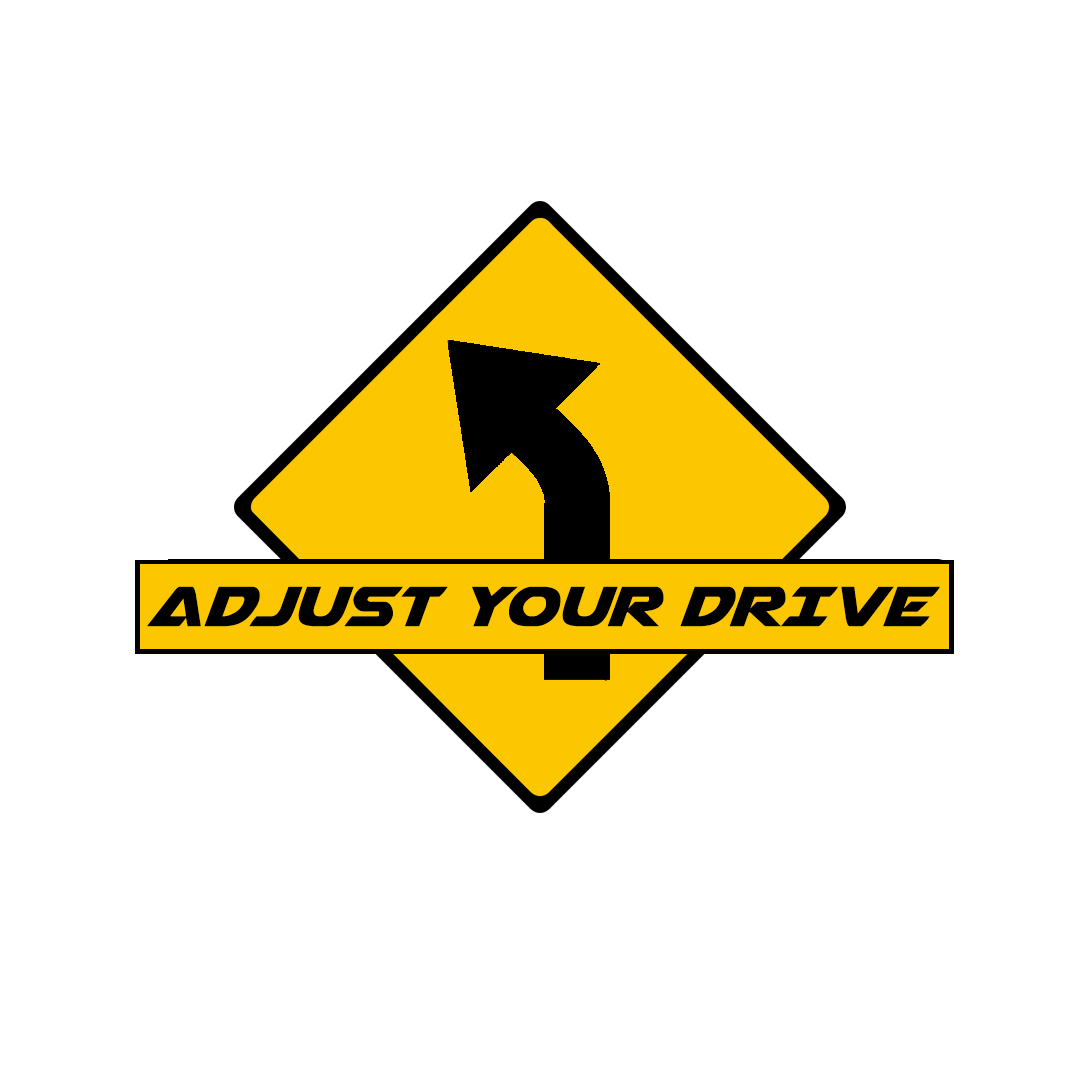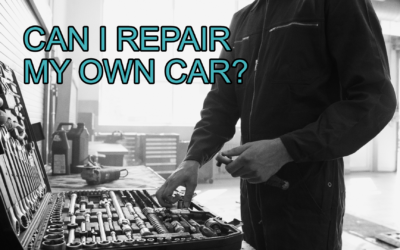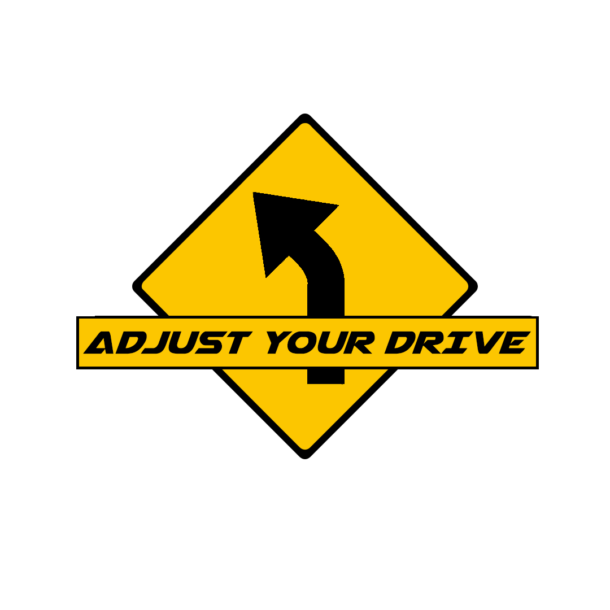One topic that seems to produce a lot of anxiety after an accident is the recorded statement. I have seen many questions posted about the necessity of providing a statement, and many opinions on the subject.
Car accident attorneys tend to give blanket advice online to not give recorded statements. This conservative approach may protect your best interests down the line, but also sets you up to need a personal injury lawyer to handle your claim for you. Insurance companies will say they need a statement as soon as possible, but they often don’t have the time to explain all the risks and benefits.
In this post, I will explain the purpose of a recorded statement, what requirements you might have in different situations, and the best ways to make your case and see results.
Read more: How to give an effective recorded statement
The Purpose of a Recorded Statement
Once you report a car accident to your insurance provider, they will assign a claims adjuster to investigate the accident. Part of the insurance adjuster’s job is to sort through the aftermath of a car accident to determine what happened, who is at fault, and who the company owes money to.
The recorded statement is the primary tool in the claims process. With a recorded statement, they can learn what happened, who was involved, and what kind of damages exist. They can quickly identify any disputes, and they can figure out what additional evidence will be needed.
There are several reasons to record the statement. Pragmatically, they will need to revisit the statement later. They may be handling over a hundred claims at a time. When they get a new claim, they have a few minutes to try calling everyone involved.
In most cases, they aren’t able to reach everyone all at once. They will need to get one statement now, another tomorrow, maybe they can’t reach that witness until next week. They need to have recorded statements they can revisit once they have everything together and are making a decision.
Claims adjusters also need to share statements. When working a claim with multiple insurance companies involved, and multiple adjusters at each company, they must be able to share evidence.
In cases of disputes, these statements may be used in subrogation and arbitration. A neutral party would review the statements and make a binding decision on liability. The companies are then required to pay according to the decision.
Adjusters also don’t want drivers changing their stories if they are unhappy with a liability decision. A recording preserves each driver’s version of events as soon as possible after the accident. It wouldn’t be fair to have people change their stories as the claim progresses.
Am I required to give a statement?
It depends on the situation. In most cases it’s not a legal obligation (the state doesn’t require it by law). However, insurance companies can require statements before taking action or making payment on a claim.
Therefore, you need to weigh your needs against your concerns for each situation. I’ll outline the most common below:
Dealing with your own insurance
When making a claim with your own insurer, you obligations are governed by your insurance policy. Your policy is a contract with your insurance provider.
Most insurance policies include a cooperation clause. This states you must cooperate with their investigation, i.e. answer any questions they have as part of your claim.
Your insurance company needs to know if you are at fault or not. If you are at fault, they will best protect you by paying for others’ damages, up to your liability limits.
If you are not at fault, your company may be able to pursue the other driver or their insurance on your behalf. This process, called subrogation, lets them recoup the costs of paying your claim. In a no-fault state this also includes any medical bills.
Your insurance company also has a duty to defend you. If you are sued because of a covered accident, they will likely pay for your legal defense, whether you are at fault or not.
Dealing with the other person’s insurance
If you are dealing with the other driver’s insurance company, you are under no obligation to provide a recorded statement. You don’t even have a legal obligation to talk to them.
However, you have a pragmatic decision to make. If you want them to pay, you need to cooperate with their investigation of the claim. If you want fair compensation, you need to provide them supporting evidence.
You have no contract with the other person’s insurance company. They are not required to pay you anything. The reason they pay is when they think their driver is at fault, and they voluntarily pay their liabilities. Paying directly and up-front avoids the costs of going to court and the risks of unpredictable jury awards.
The risk of giving a recorded statement to an adverse carrier is that they will look for evidence to support their driver. This can include looking for comparative or contributory negligence.
For example, the other driver runs a stop sign, but you were talking on your cell phone. Using your phone while driving is negligence. While it might not make you majority at fault, it would like make you at least 10% at fault, because your negligence may have contributed to the accident.
In some states your payment would be reduced by 10%. In some states you would also owe 10% of the other driver’s damages. In a few states, you would be ineligible to receive any payment if you contributed any amount of negligence.
Facts and Evidence
I am of the opinion that facts should be known. Drivers should not be withholding information to attempt to game the system. If you are partially at fault, then you are partially at fault. If you look at things that way, there is little risk in giving a statement.
Some disputes are just based on differing understanding of traffic laws. Both drivers agree on the facts of the accident, but they disagree on who is at fault. In these cases, the details of your statement won’t change the outcome. Everyone agrees what happened, but one person (or both) misunderstand the cause.
But if there are disputes over the facts of the accident, the dispute comes from the difference between your statement and theirs. It is rare for a driver to “say the wrong thing” and single handedly hurt their own case. It is far more likely that your case is hurt by the other driver saying something different happened.
When there is a dispute between drivers as to the facts of the accident, the dispute arises from the difference in the driver’s perspectives. The adjuster will then look for other evidence to support either version.
If there is evidence to support your story over their insured, the insurance company will accept liability. If there is evidence supporting their insured, of course, they will deny liability. But in cases where there is no evidence to support either story, they will support their insured.
For example, a light dispute with no witnesses and no video. Even a police report won’t prove liability if the officer didn’t Both drivers claim to have a green light. But there is no way to prove which driver is correct. The company will take the side of their own insured unless there is evidence against them.
As a general rule, the best thing you can do is tell your story simply and clearly. You can read more here about giving an effective recorded statement.
Make sure you prepare yourself beforehand. You don’t want to be gathering your thoughts for the first time as you put your statement on the record. You should be able to state in your own words exactly what you saw, heard, and did leading up to the accident.
If you aren’t comfortable with a phone call, you can consider other methods. Most insurance companies will accept a written statement. You can also have an attorney present if you are hiring one.
Refusing a statement
So what happens if you decline a recorded or written statement? Well, the insurance companies will need to make a liability decision without you.
This could go a few different ways. If you are dealing with your own insurance company, they would have the option of denying coverage. That means they decline the claim entirely. They will refuse to pay your damages. They will also refuse to pay anyone else’s damages.
This may leave you open to being sued by the other parties, without your insurance’s help with defense. Your insurance may also drop you, which leaves you looking for a new policy with a lapse in coverage.
It’s always a good idea to cooperate with your own insurance company. In liability situations, your insurance company’s goal is to accurately assess the financial risk to both you and them. If they determine the evidence is against you, they will pay the other person’s claim in order to protect you. If they determine the evidence shows you are not at fault, they will defend you.
If you are dealing with the other driver’s insurance, they will simply make a decision without your input. If the other driver has a different story about the accident, they will just go with that. They will deny liability, and refuse to pay you.
If you still want to pursue your claim, you have a long road ahead of you. You can hire a car accident lawyer. Your lawyer will send them a letter demanding a certain amount of money. And the insurance company will say… no. They will ask for a statement again.
At this point, realistically, your lawyer will likely walk you through writing a statement of some kind. But for this example, we’ll say they file suit instead. Part of working through a lawsuit is depositions. Basically, a deposition is a sworn statement given outside of court in the leadup to a possible trial.
Of course, there is the possibility that the other driver admits fault in their own statement. That certainly happens, especially in simple accidents. But you’re still relying on someone else for your best outcome.
My point is that, in cases of disputed liability, you’re going to give a statement at some point. The key is to give an effective statement that makes your case for you.
Police Reports
A common mistake I’ve dealt with as an adjuster is to have drivers refuse a statement, telling me to “Just look at the police report.”
At least nine out of ten times, the police report isn’t available in a timely manner, has missing or incorrect information, or doesn’t contain a narrative of what happened. Sometimes all three. I can think of several claimants that refused to give a statement, waited weeks for the police report to come in, then blamed the insurance company for delaying their claim when the report didn’t have the information they thought it would.
The police report is a single piece of evidence that will be weighed along with everything else. You can’t always count on the police report to handle your claim. Plus, the police don’t determine fault in an accident claim. Each insurance company makes their own decision based on the evidence.
Getting legal advice
There are cases in which you may want to get actual legal advice from an experienced attorney. Most lawyers that handle car accidents will give a free consultation, in which they can briefly discuss your case and advise you of your legal rights and what services they would offer.
It’s worth noting that most accident attorneys are actually personal injury attorneys. They make their money from handling injury claims and medical bills. Dealing with the auto accident is just a way to establish liability, and getting your car repaired is just a byproduct of that.
If you have no injury claim to collect on, it will be hard to find an attorney to handle your claim. Because if they take a portion of your property damage claim, then you won’t have enough money left to fix your car.
It may still be worth your time to get legal counsel. But if you are pursuing a property damage claim only, you may be on your own. You will want to plan your statement and make your case as best you can.






0 Comments